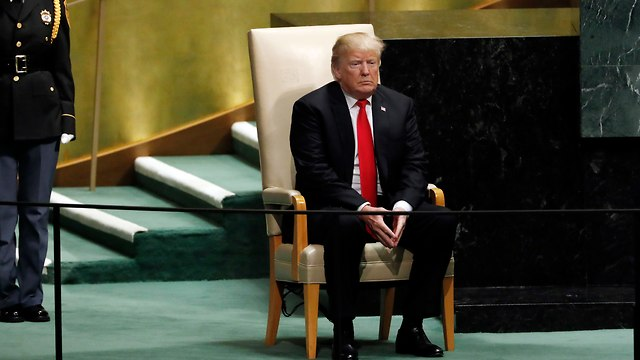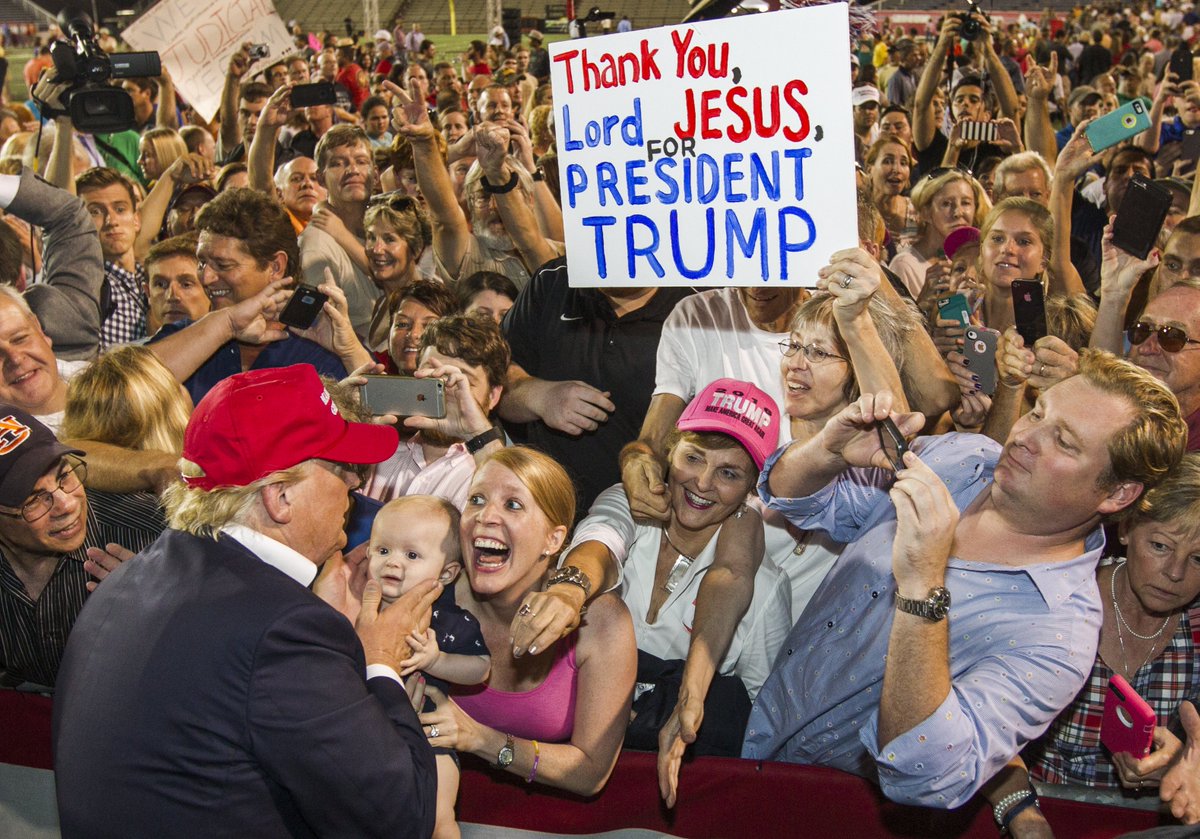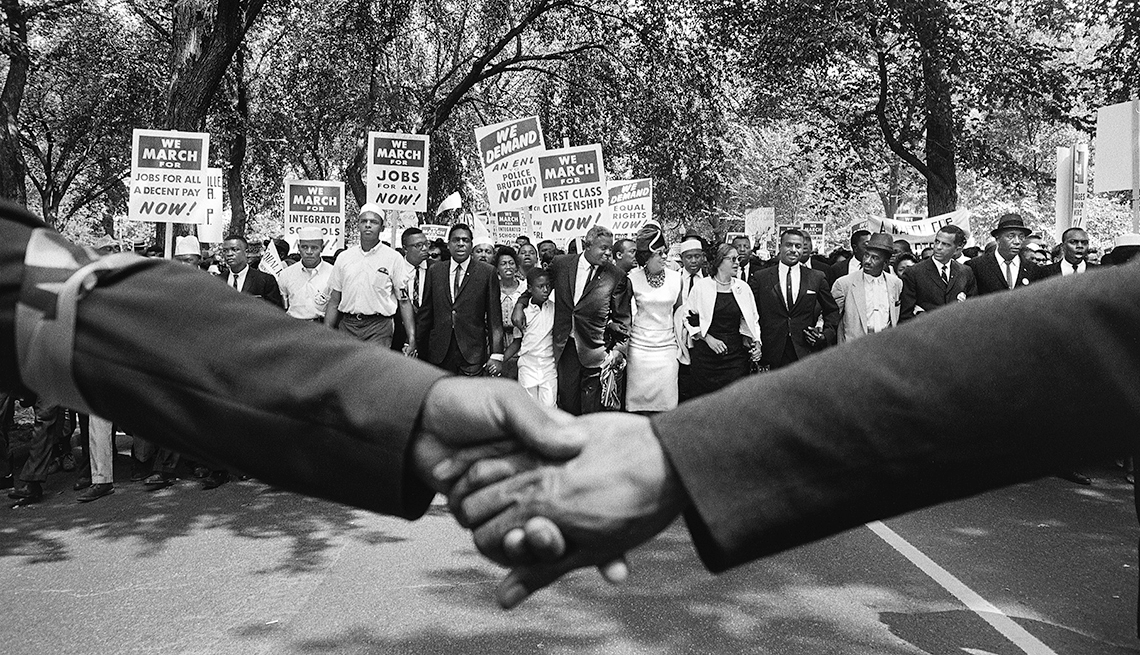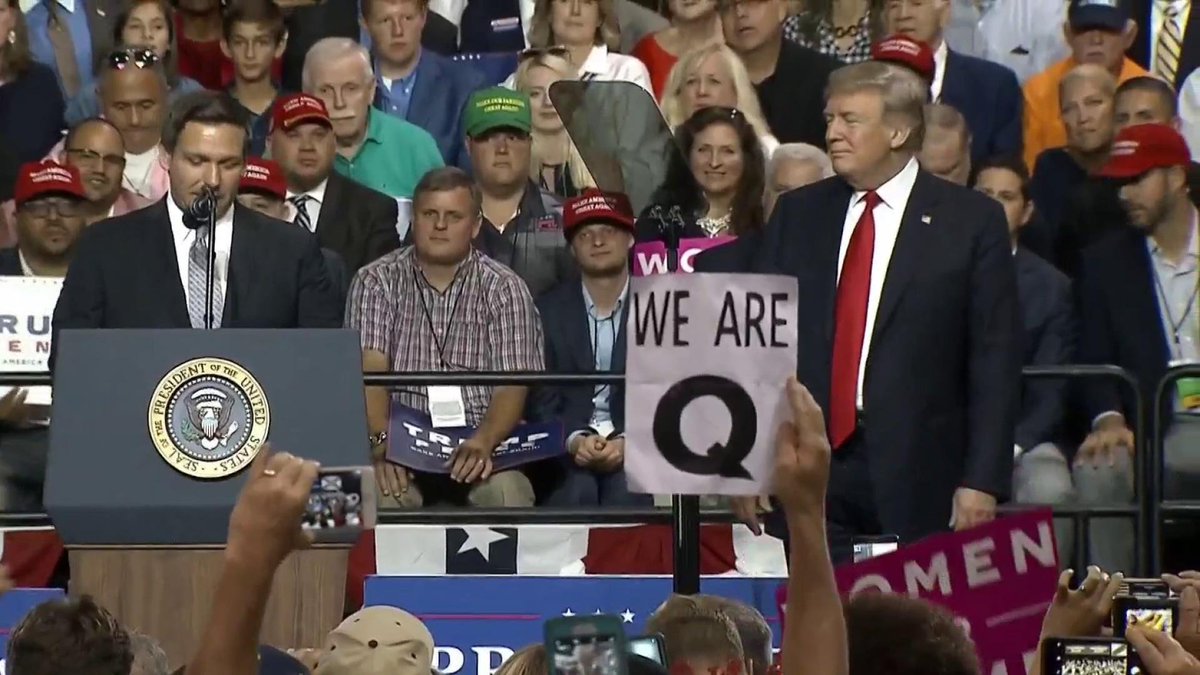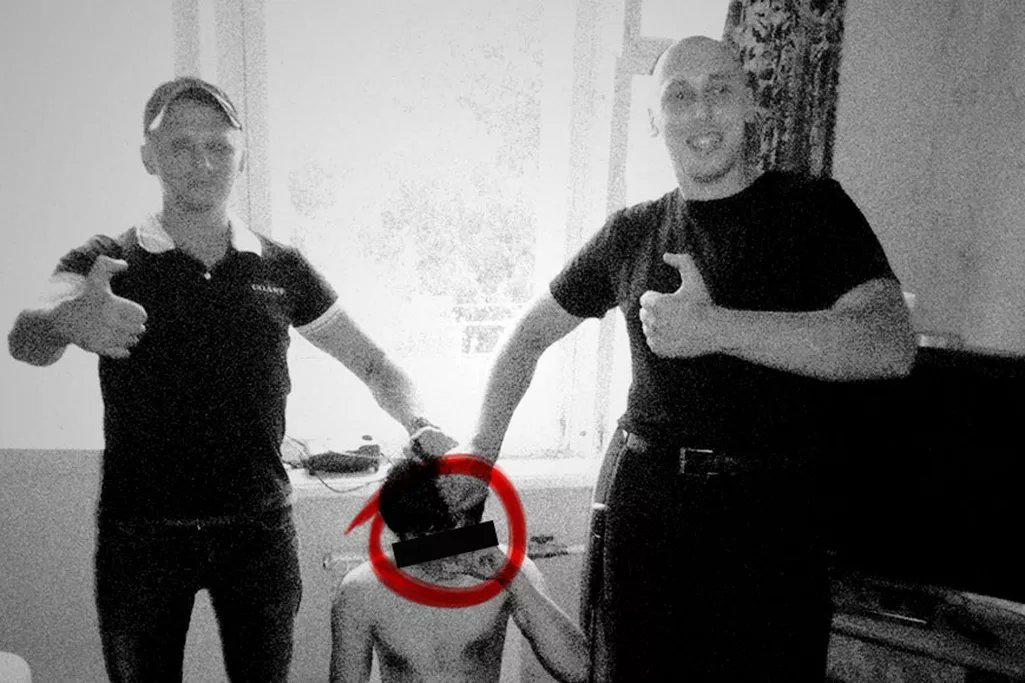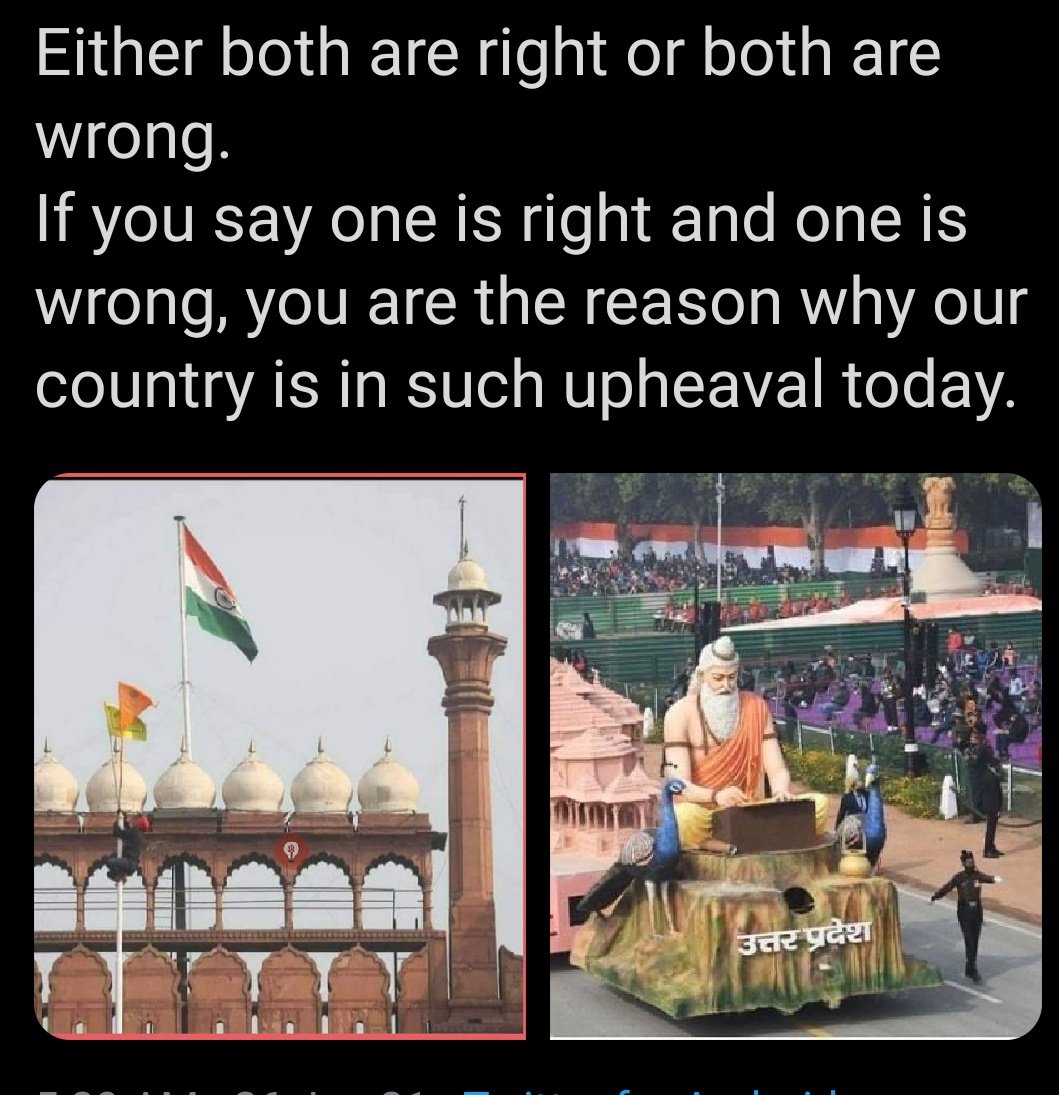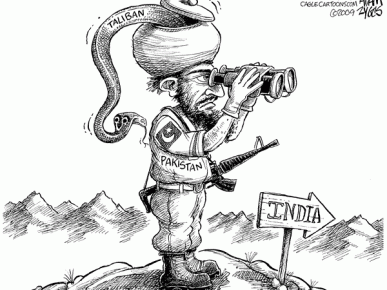Every argument against raising the minimum wage involves pointing to some other part of our broken system as if it were a beloved cultural treasure to defend rather than just the next unacceptable thing that needs fixing.
They can't risk exposing the truth that you can actually just give people the money they need and nothing will break.
Is this obvious, it feels obvious.
More from A.R. Moxon
*Ossoff and Warnock win handily*
Pundits: Ah. Nevertheless,
Congressional Republicans balk at Joe Biden\u2019s $1.9 trillion relief plan, complicating push for quick passage https://t.co/npXogXvBHM
— The Washington Post (@washingtonpost) January 15, 2021
The only way political reporting in this country makes sense is if you understand that the almost universal, almost subconscious default assumption: that conservative white people are the protagonists of any story that's being told, no matter the facts of the story.
Just do the obvious and necessary good things and let the horrid evil people who hate good things squeal and cry about it forever.
I really need Democrats who will state the clear and obvious truth, which is that Republicans are our enemies, because they insist on attacking the very idea of a shared society and are more than happy to use violence to do it, which is the very definition of an enemy.
You can't make people who want to kill you not be your enemies even if you wish they'd be your friend.
They can stop trying to kill you, but until that happens they are your enemy, and acknowledging that fact isn't what makes that fact true.
A new study found that giving low-income workers money upfront in their work period helped alleviate the mental burden of their financial problems and allowed them to be more productive \u2014 echoing other findings on the psychological impacts of poverty.https://t.co/zdxItTLDLZ
— NPR (@NPR) February 3, 2021
“Giving money to people in poverty solves poverty” is an obvious truth, which needs (another) study for proof, for the same reason that this finding will be ignored (again).
We don’t want to fix poverty, even if doing so helps everyone—not if it means life for the “undeserving.”
It’s not about saving money.
There's a great fear in this country that a single dollar might go to someone who might not deserve it; or that a single given dollar might be spent on something we deem unworthy.
We'll spend five dollars to prevent the waste of that one dollar.
The manifestations are everywhere. From the overt, gleefully cruel hostility of conservatism toward people in poverty, of course. But also hidden in almost everyone's assumptions.
Our use of charity as a way of controlling who gets helped, for example.
Charity isn't primarily an act.
— A.R. Moxon (@JuliusGoat) November 10, 2019
Before the act comes an alignment.
Charity is the natural fruit of a deep alignment with the virtue of generosity.
It sure shouldn't be a delivery mechanism for one's own beliefs about worthiness.
Even the reversal—a desire to prevent aid from going to "undeserving" wealthy who don't need it (true)—leads us to create obstacles to aid people in poverty often can't overcome, but wealthy people can.
Which is why wealthy people like means
Whenever someone proposes a means-testing solution, it's an indication they've internalized the lie, foundational to the United States, that some people deserve life and others don't.
— A.R. Moxon (@JuliusGoat) December 18, 2020
It's an expensive lie.


